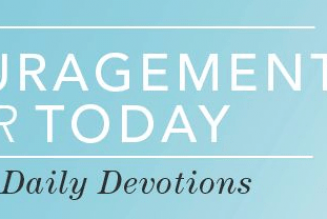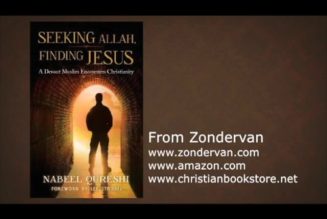
Over the weekend, I did what many people who have been weighing in on the movie Noah had yet to even do:
I saw the movie.
And it was terrific.
Here are four reasons why:
First, it faithfully tells the biblical tale without skepticism or incredulity. Yes, it takes artistic license where the Bible is silent, but that is to be expected. But except for the Nephilim, it stays on biblical script – and to be fair, even biblical scholars are not exactly sure what was going on with them.
Second, it tells the tale in a way that only $150 million in special effects, A-list actors such as Jennifer Connelly and Russell Crowe, and an Oscar-nominated director with the skill of Darren Aronofsky can.
Third, it is appropriately dark. Noah and the ark have almost become synonymous with children’s books and nursery decorations. To anyone truly familiar with the horror of the tale, it’s as off-course as making a crucifix (a form of execution) a piece of superficial fashion jewelry. The pre-diluvian world before the flood was wicked, the flood was its judgment. This is not a children’s tale, nor is the movie. And appropriately so.
Fourth, the movie captures the theological dynamic of the biblical story in a startlingly accurate way, namely the interplay of justice and mercy. Aronofsky shows us that dynamic in the Creator, and also Noah’s own journey from justice to mercy. And as he noted in an interview in The Atlantic, he did so quite purposefully. Theologically, one would have wished the added (and important) dynamic of grace in relation to God’s covenant with Noah, but he ignites the theological conversation surrounding justice and mercy in a way few movies have achieved, biblical or not.
So forget those who felt God was stripped out of the movie, or that it is environmentalism gone wild, or that a biblical story in the hands of non-Christian is doomed to be heretical. Rubbish. As Alissa Wilkinson wrote in a well-written and thought-through review of the movie, go out and see this on the biggest screen you can.
[And take a non-believing friend with you, then go out to talk afterward. Trust me, you’ll have plenty to discuss.]
Aronofsky has quipped that he has made the “least biblical” movie of all time, meaning the sappy, sanitized ways its stories are often told.
So in that sense, it may be the least “biblical” of Bible films.
And in this case, that is a good thing.
James Emery White
Sources
“Movie Review: Noah,” Alissa Wilkinson, Christianity Today, March 27, 2014, read online.
“The ‘Terror’ of Noah: How Darren Aronofsky Interprets the Bible,” Cathleen Falsani, The Atlantic, March 26, 2014, read online.
Editor’s Note
James Emery White is the founding and senior pastor of Mecklenburg Community Church in Charlotte, NC, and the ranked adjunctive professor of theology and culture at Gordon-Conwell Theological Seminary, which he also served as their fourth president. His latest book, The Rise of the Nones, is now available for pre-order. To enjoy a free subscription to the Church and Culture blog, visit www.churchandculture.org, where you can view past blogs in our archive and read the latest church and culture news from around the world. Follow Dr. White on twitter @JamesEmeryWhite.










